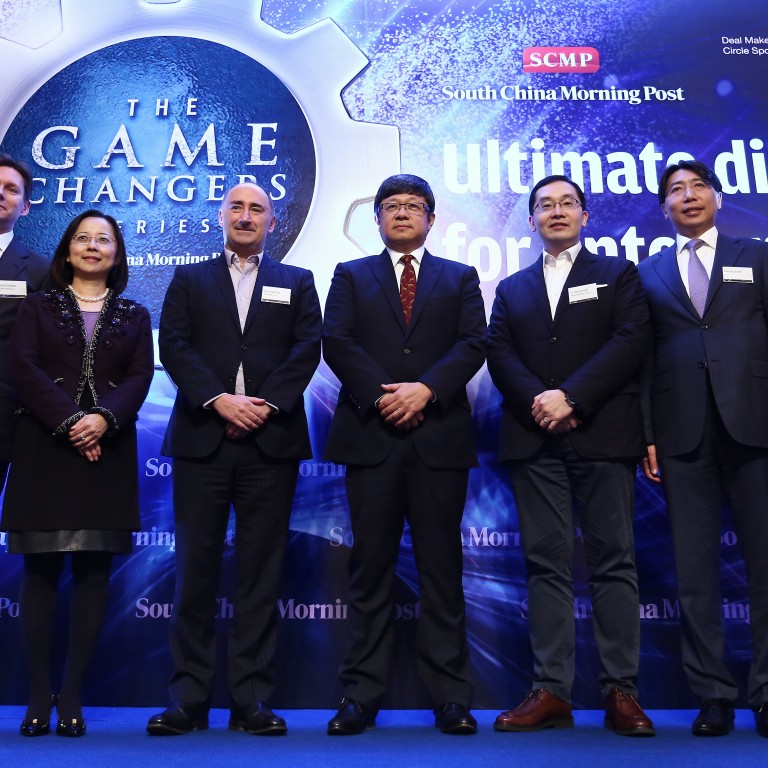
Hong Kong slow to adopt home-grown technology, experts say
Hong Kong consumers are reluctant to become early adopters of innovative technologies and would rather wait to assess success overseas, local start-ups said today.
“In China, they’re a lot more used to having start-ups around, they’re more open minded,” he said.
“So on the consumer side you have people who love to be early adopters, in Hong Kong, nobody wants to be an early adopter, everyone wants to be the 1,000th customer.”
Former Standard Chartered banker Loong said this reticence extends to large firms that can be wary of working with start-ups, while companies on the mainland are willing to partner with small companies.
“One thing we found about innovation in Hong Kong is there’s a ‘not made for here mentality’, so if the innovation is made in Hong Kong, then usually the government and ordinary people will not believe it and ask us to prove it overseas,” said Kevin Au, director of the Chinese University of Hong Kong’s Centre for Entrepreneurship said.
The small size of the Hong Kong market means the city’s start-ups are often looking for business overseas from the beginning.
“We have targeted the US and European market since day one,” said Alvin Hung, founder and chief executive of GoAnimate, a service allowing consumers, schools and businesses to create their own videos.
“For the same amount of energy and resources that we put into the Hong Kong market we can pretty much do the same for the US,” Hung said.
Jeff Cheung, lead angel investor in Vitargent, which uses fish embryos to test for toxicity in food or cosmetics, said the firm is looking to Europe and Asian countries for customers as Hong Kong will be slower to use its technology.
“Of course now with the food safety in China, it’s just bumped up the priority and we have a few partners in different sectors,” Cheung said.

